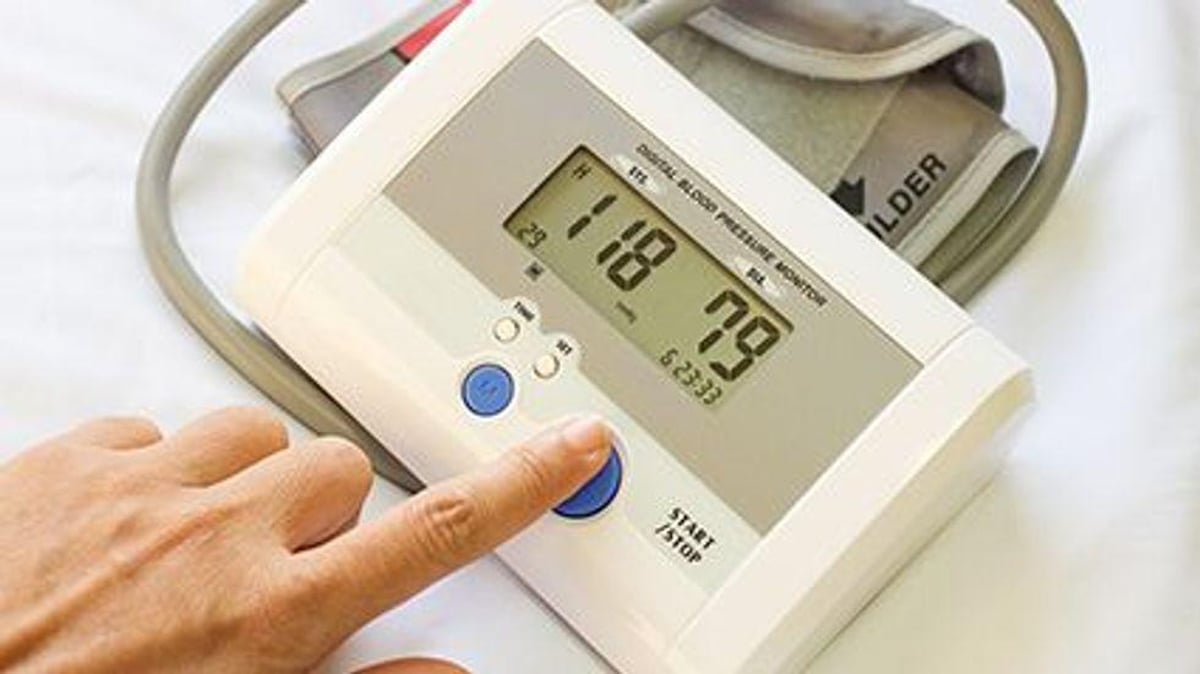Mean Monthly BP Increased Among U.S. Adults During COVID-19

MONDAY, March 7, 2022 (HealthDay News) -- Among adults in the United States, mean monthly blood pressure (BP) increased during the COVID-19 pandemic, according to a study published in the May issue of the American Heart Journal.
Nishant P. Shah, M.D., from the Duke Clinical Research Institute in Durham, North Carolina, and colleagues conducted a population-based analysis of home BP data from 72,706 participants enrolled in a digital health hypertension control program to examine whether home BP control worsened during COVID-19. Home BP data were compared before (January 2019 to March 2020) and during (April 2020 to August 2020) COVID-19.
The researchers found that the mean number of home BP readings increased during COVID-19 relative to pre-COVID-19, from 7.3 to 9.3 per month. Higher monthly adjusted mean systolic BP (131.6 versus 127.5 mm Hg), diastolic BP (80.2 versus 79.2 mm Hg), and mean arterial pressure (97.4 versus 95.3 mm Hg) were recorded during COVID-19. The proportion of participants with a mean monthly BP classified as uncontrolled or severely uncontrolled hypertension also increased during COVID-19, relative to pre-COVID-19 (19 versus 15 and 5 versus 4 percent, respectively).
"The study's findings are important because even a few millimeters of blood pressure change can result in measurable differences in risks for heart attack, stroke, or heart failure," a coauthor said in a statement. "We need to get these patients under better control long term."
Related Posts
Epidurals Not Linked to Autism in Children
WEDNESDAY, Sept. 29, 2021 (HealthDay News) -- Pregnant women who receive an...
Slight Increase in Breast Cancer Risk Seen With Progestogen-Only Contraceptives
WEDNESDAY, March 22, 2023 (HealthDay News) -- Progestogen-only contraceptive use...
¿Por qué los futbolistas quieren un número más bajo en sus camisetas?
JUEVES, 7 de septiembre de 2023 (HealthDay News) - "Vanidoso" no es una palabra...
Adult Education Classes Could Be a Buffer Against Alzheimer’s
FRIDAY, Aug. 25, 2023 (HealthDay News) -- Older people who take adult education...
